

Balancing Work, Family, and Education at NOUN
Introduction
Pursuing higher education is a commendable endeavor, but it can also be challenging, especially when you have to juggle work, family, and academic responsibilities.
This struggle is particularly evident among students at the National Open University of Nigeria (NOUN), where many learners are already established professionals and parents.
In this post, we’ll take a look at some effective methods to help NOUN students attain a balance between their academic endeavors, work commitments, and family responsibilities.
The Unique Challenge of NOUN
NOUN, as a distance learning institution, offers flexibility, allowing students to study at their own pace and schedule.
However, this flexibility can also be a double-edged sword, as it requires strong self-discipline and time management skills.
For NOUN students who are working professionals and parents, finding the right balance can seem daunting. Here are some practical tips to help them navigate this challenge:
1. Set Clear Goals
Start by setting clear academic and career goals. Knowing what you want to achieve will help you stay motivated and focused on your studies.

2. Create a Realistic Schedule
Understand your daily commitments, including work hours, family responsibilities, and personal time. Create a realistic study schedule that fits around these commitments.
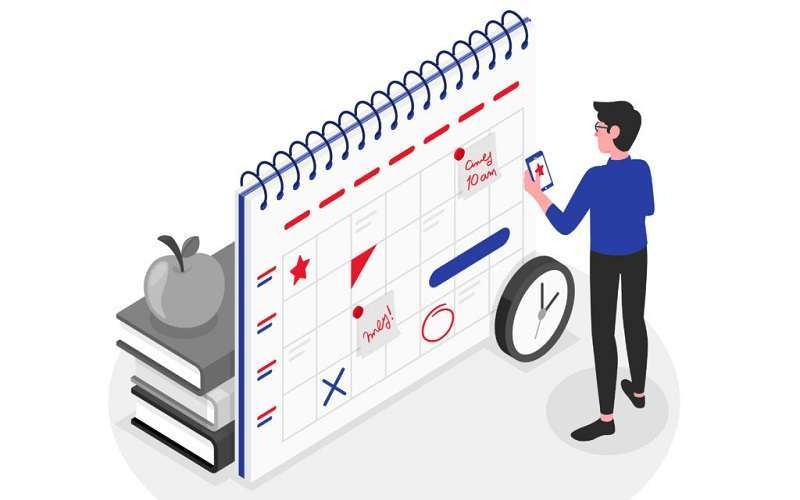
3. Prioritize Tasks
Identify your most important tasks each day. Prioritize assignments, study sessions, and family time based on their importance and deadlines.
4. Use Technology Wisely
Take advantage of technology to streamline your studies. NOUN provides online resources, discussion forums, and e-books. Use these tools to maximize your learning efficiency.

5. Effective Time Management
Implement time management techniques such as the Pomodoro Technique, which involves short, focused study sessions followed by short breaks. This can help you make the most of your limited study time.
6. Delegate and Seek Support
Don’t hesitate to delegate household tasks and responsibilities. Seek support from your family members or consider hiring help if possible.
7. Communication is Key
Communicate with your employer about your educational pursuits. They may be willing to offer flexibility or support to help you balance work and study.
8. Self-Care
Don’t forget to take care of yourself. Maintaining a healthy lifestyle through proper nutrition, exercise, and adequate sleep is essential to stay energized and focused.

9. Join a Study Group
Connect with fellow NOUN students. Joining a study group can provide a sense of community and help you stay accountable.
10. Stay Adaptable
Life can be unpredictable. Be adaptable and willing to adjust your schedule when necessary without feeling guilty.
Benefits of Balancing Work, Family, and Education
Balancing these three aspects of life may be challenging, but it offers numerous benefits:
1. Personal Growth
Pursuing education can boost your self-esteem and open doors to new opportunities.

2. Career Advancement
A higher degree can enhance your career prospects and earning potential.
3. Setting an Example
Your dedication to education sets a positive example for your family, motivating them to pursue their own goals.

4. Improved Time Management
Balancing these responsibilities teaches valuable time management skills that can benefit all aspects of your life.
Conclusion
Balancing work, family, and education as a NOUN student is indeed a challenging task, but it’s not impossible.
With determination, effective time management, and a support system, you can successfully pursue your degree while maintaining your other responsibilities.
Remember, the journey may be tough, but the rewards of personal and professional growth make it all worthwhile.
So, embrace the challenge and keep moving forward towards your academic and career goals at NOUN.


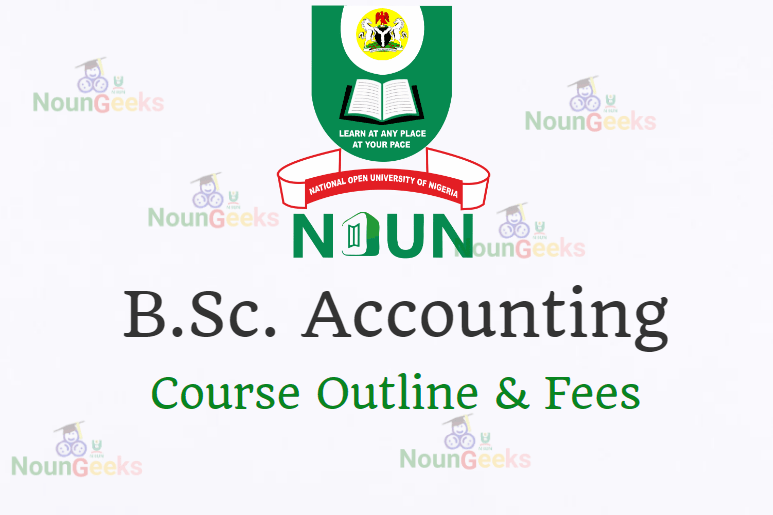
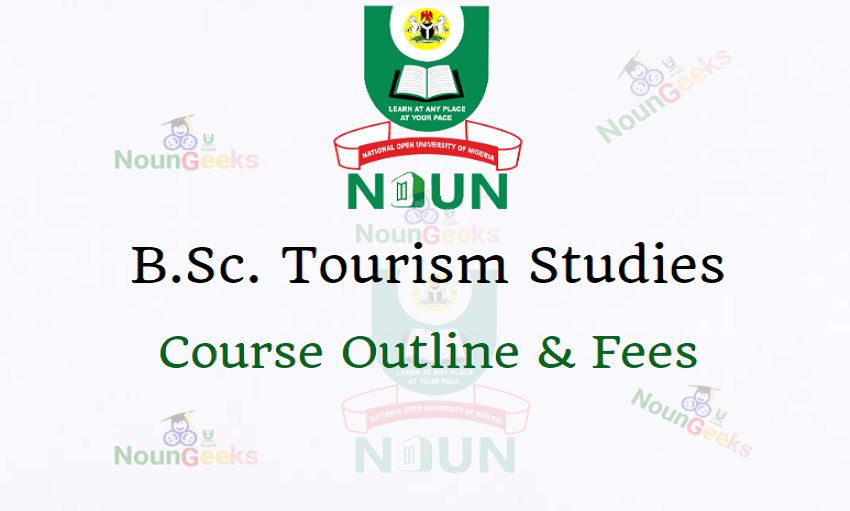
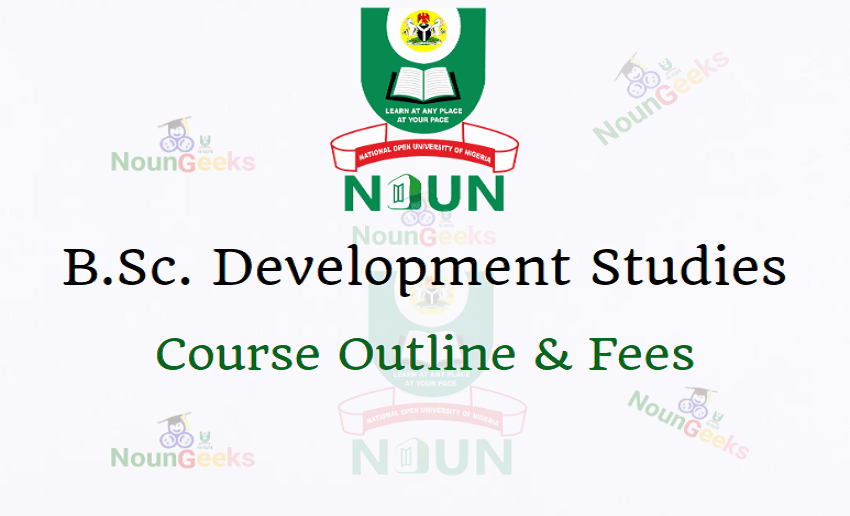


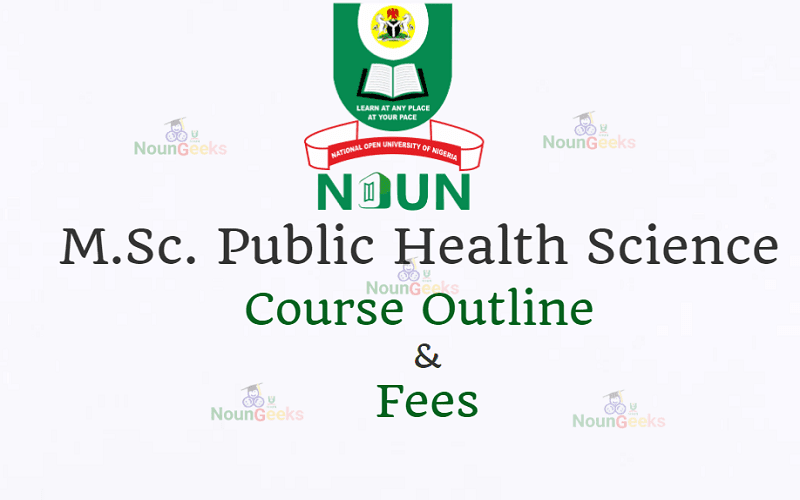
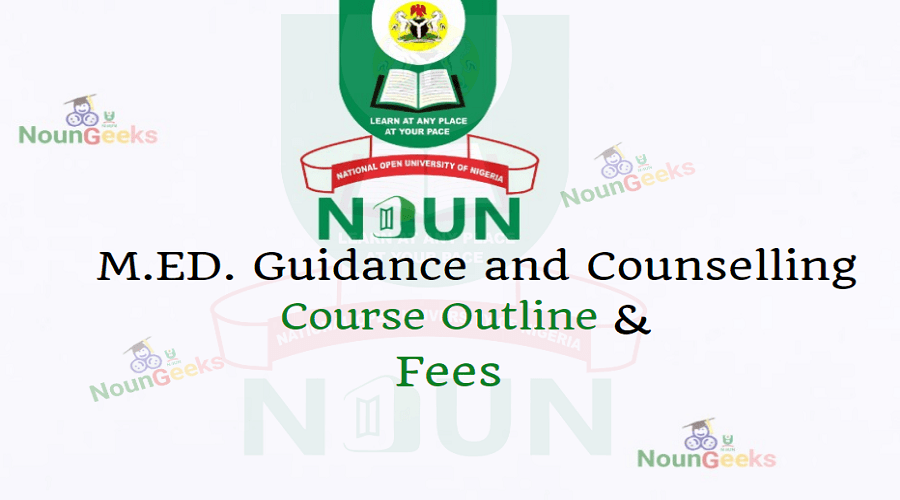

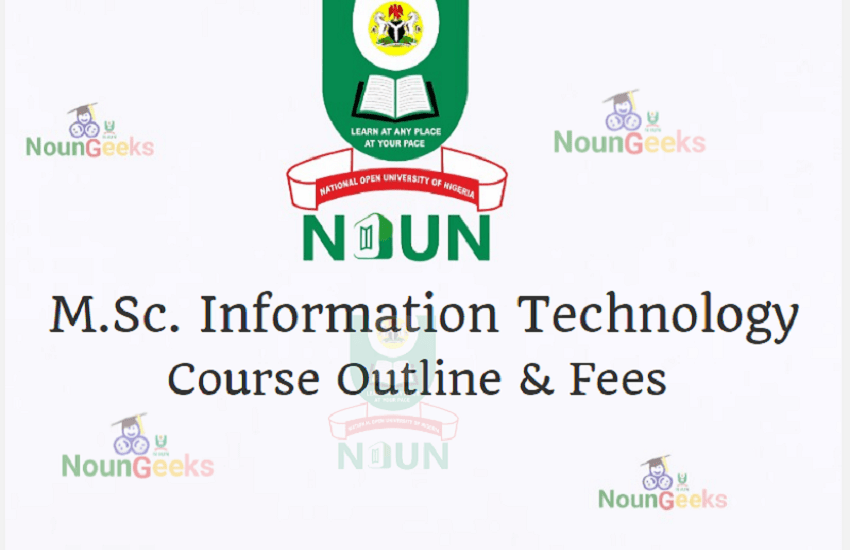
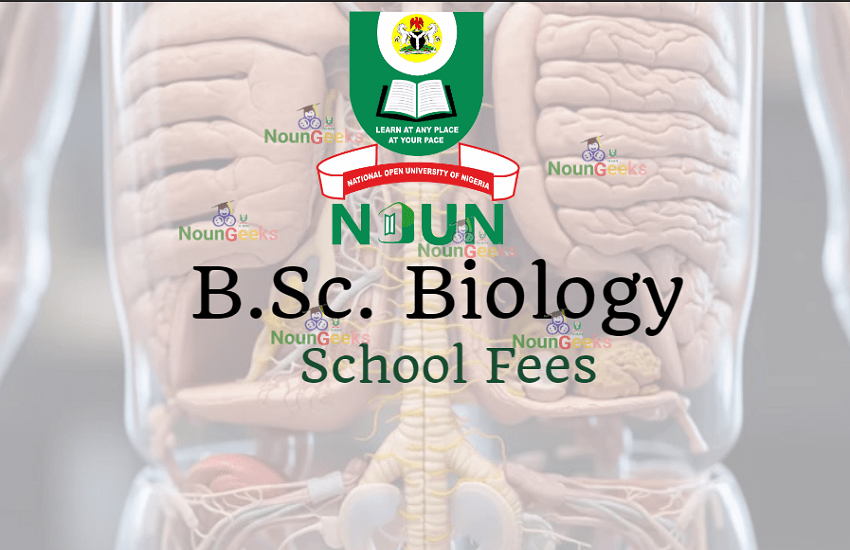




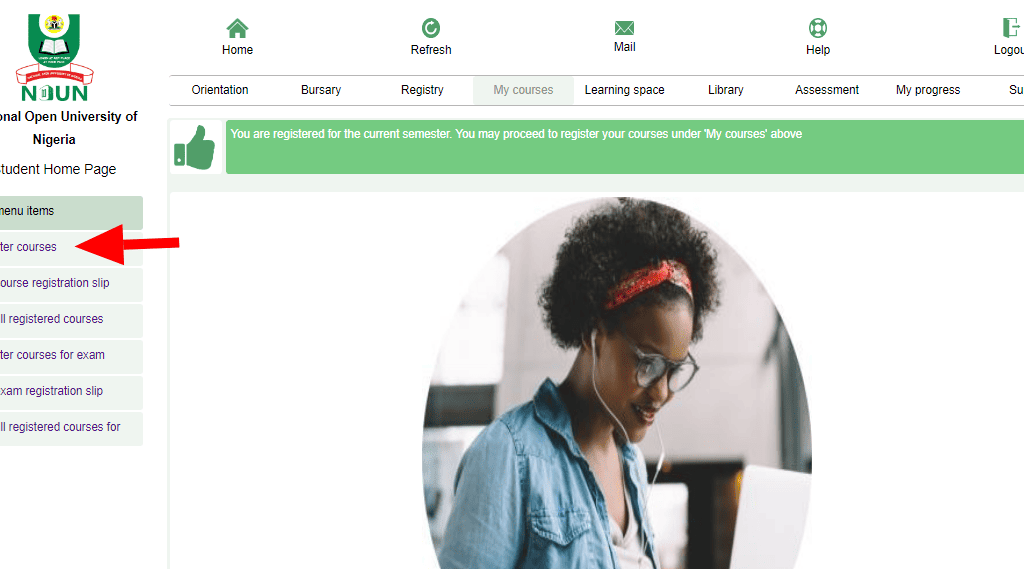



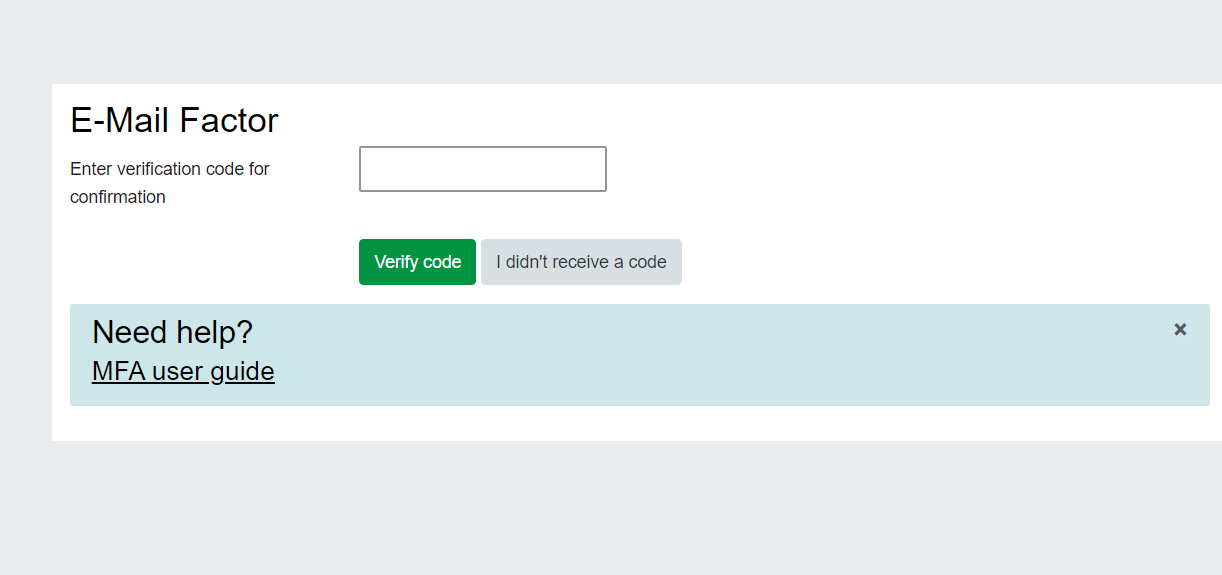


Post Comment